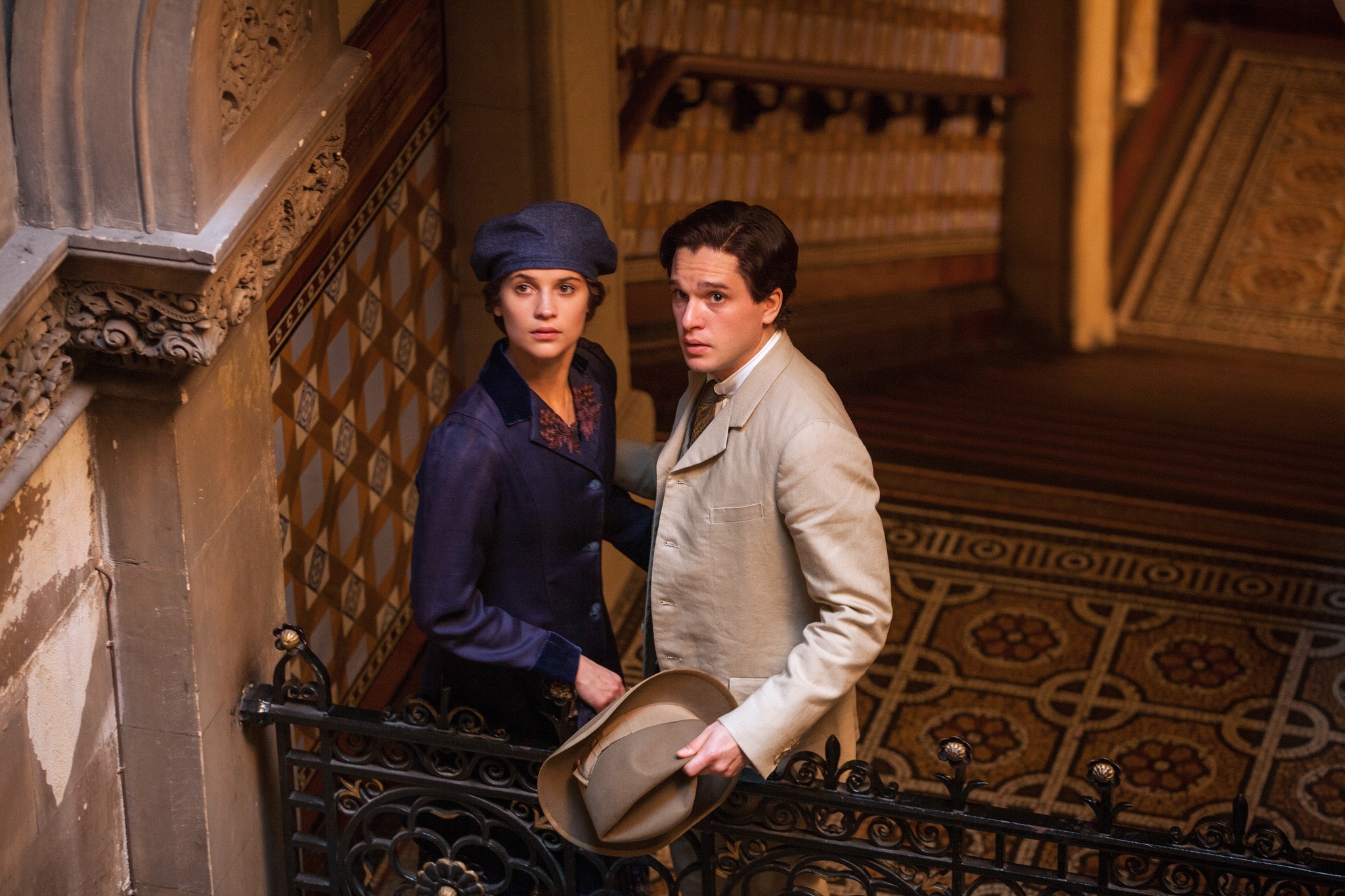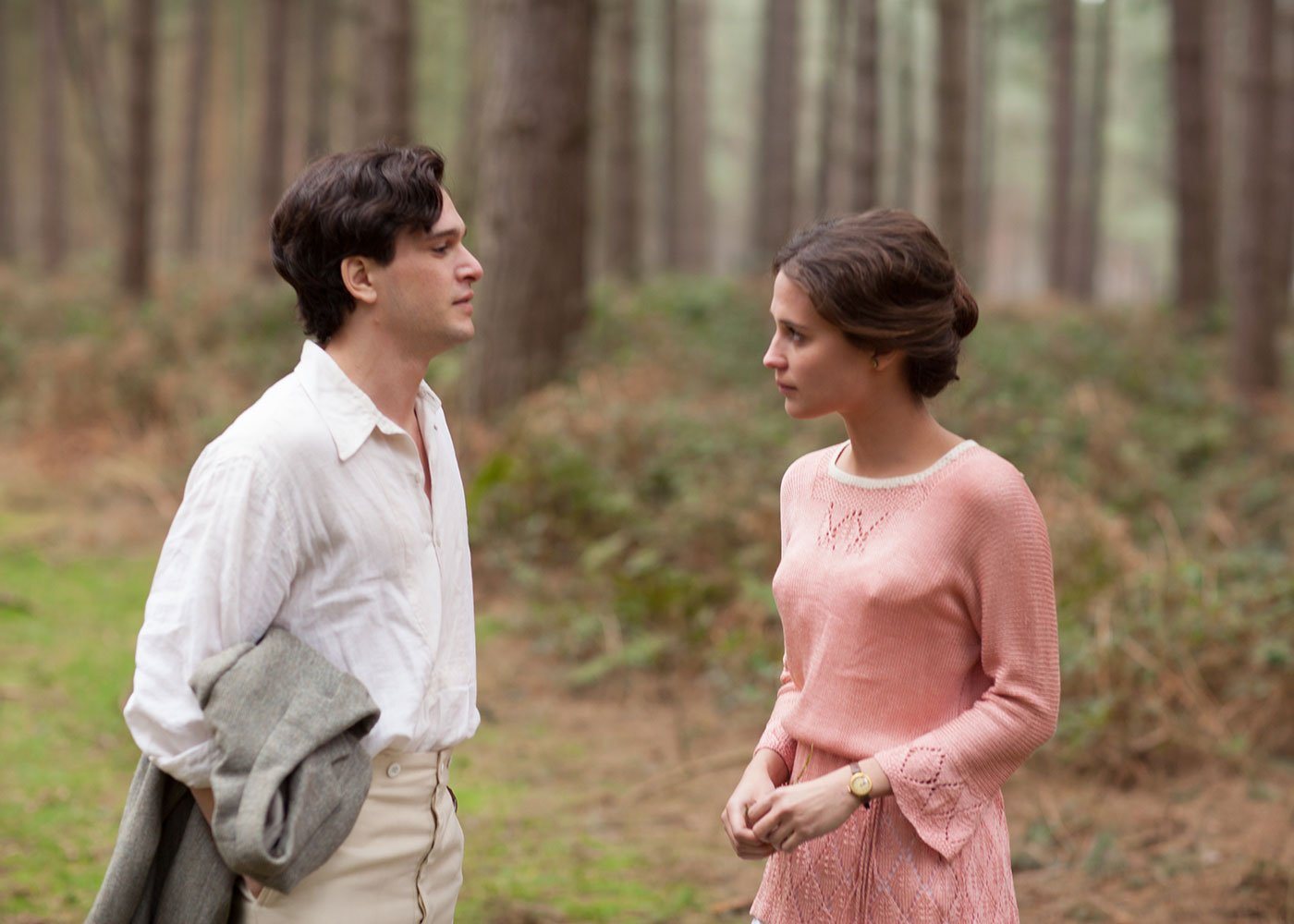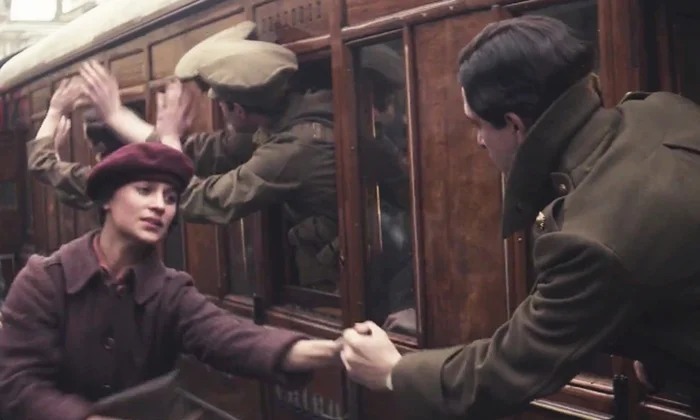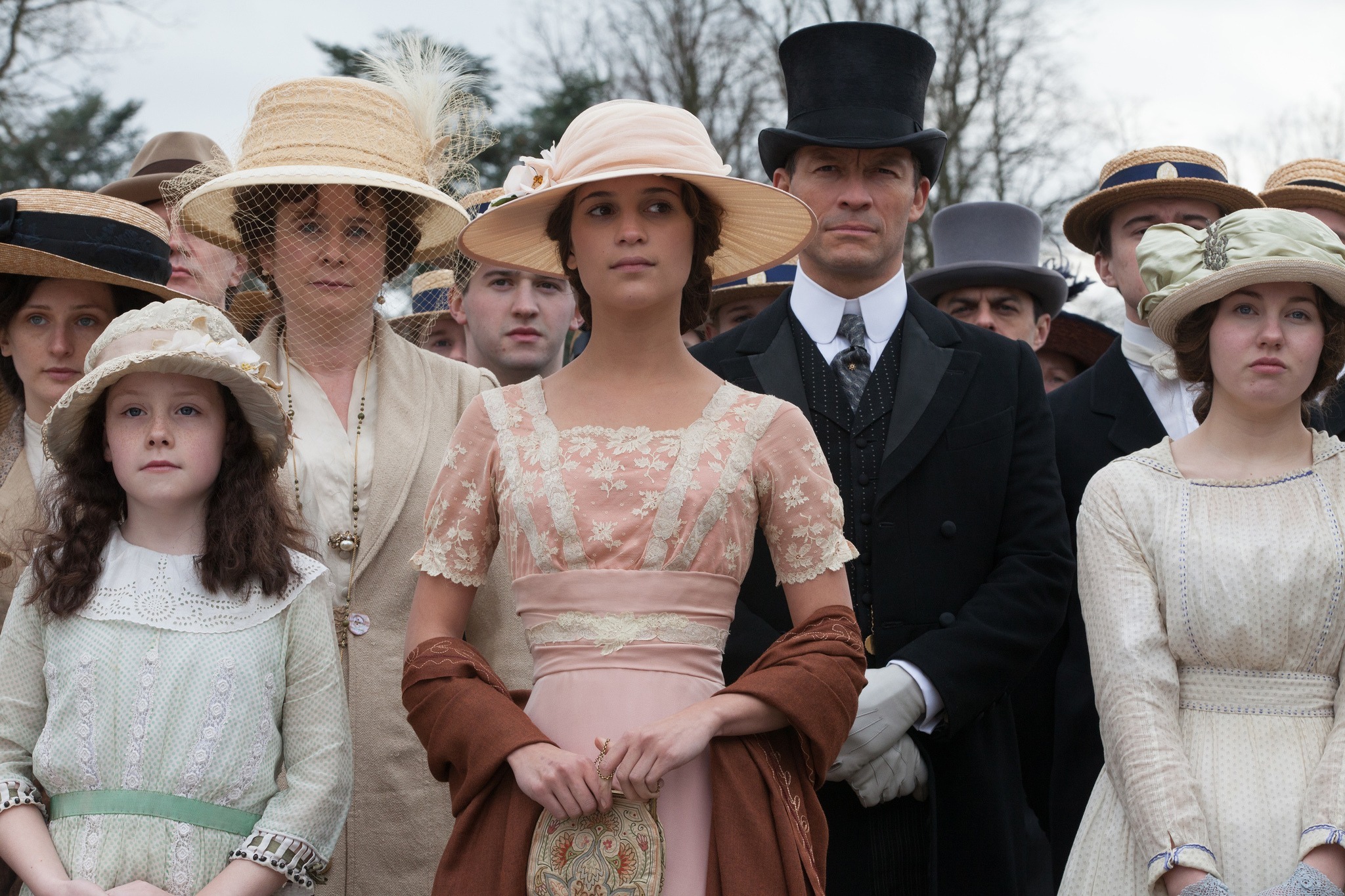Testament of Youth (2014)

“Testament of Youth,” released in 2014, is a powerful British drama directed by James Kent, based on the memoir of the same name by Vera Brittain. This film poignantly chronicles Vera’s experiences during World War I, offering a deeply personal perspective on the impact of war, the struggle for gender equality, and the enduring effects of loss. Through its evocative storytelling and rich character development, “Testament of Youth” serves as both a tribute to a generation lost and a reminder of the resilience of the human spirit.
The film follows the life of Vera Brittain, portrayed by Alicia Vikander, a determined and passionate young woman who aspires to pursue higher education and become a writer. Set against the backdrop of early 20th-century Britain, the story highlights the societal expectations placed on women at the time, as Vera faces pressure to conform to traditional roles. Her ambition to attend Oxford University serves as a focal point for her character, symbolizing the broader struggle for women’s rights and independence during a tumultuous period.
As the war breaks out, Vera’s life takes a dramatic turn. The film captures her inner conflict as she grapples with her desire to contribute to the war effort while also confronting the harsh realities of combat. When her brother Edward, played by Taron Egerton, and her romantic interest Roland, portrayed by Kit Harington, enlist, Vera’s world becomes intertwined with the brutalities of war. This shift marks a critical turning point in the narrative, as it transforms her aspirations into a profound quest for understanding and meaning amidst chaos.
The cinematography in “Testament of Youth” is striking, beautifully capturing both the idyllic pre-war life and the stark, haunting landscapes of the battlefields. The film juxtaposes scenes of youthful exuberance and hope with the devastation wrought by war, creating a powerful emotional resonance. The visual storytelling serves to amplify the themes of love, loss, and the fragility of life, effectively immersing viewers in Vera’s journey.

Alicia Vikander’s performance as Vera is both compelling and nuanced. She embodies the character’s strength, vulnerability, and determination, allowing audiences to connect deeply with her emotional struggles. The supporting cast, including Taron Egerton and Kit Harington, delivers strong performances that further enrich the narrative, bringing depth to the relationships that shape Vera’s life. Their portrayals of young men caught in the throes of war serve as poignant reminders of the personal sacrifices made during this turbulent time.

The film does not shy away from depicting the harsh realities of war. It presents a raw and unflinching look at the physical and psychological toll it takes on soldiers and their families. Through Vera’s eyes, viewers witness the devastating effects of loss as she faces the deaths of loved ones and grapples with her own grief. This exploration of trauma and resilience is a central theme, highlighting how war reshapes lives and communities in irrevocable ways.

“Testament of Youth” also underscores the importance of memory and storytelling as acts of defiance against the erasure of those who have suffered. Vera’s journey as a writer and her commitment to bearing witness to the horrors of war emphasize the significance of preserving history. The film serves as a testament to her legacy, illustrating how her experiences inspired her to advocate for peace and gender equality in the aftermath of the war.

In conclusion, “Testament of Youth” is a poignant and thought-provoking film that offers a personal lens on the impact of World War I. Through Vera Brittain’s journey, it explores themes of love, loss, and the struggle for identity amidst the chaos of war. The film stands as a tribute to those who lived through this tumultuous period, reminding audiences of the human cost of conflict and the enduring strength of the human spirit. As a powerful adaptation of a significant memoir, “Testament of Youth” invites viewers to reflect on the past while inspiring a commitment to peace and understanding in the present.











